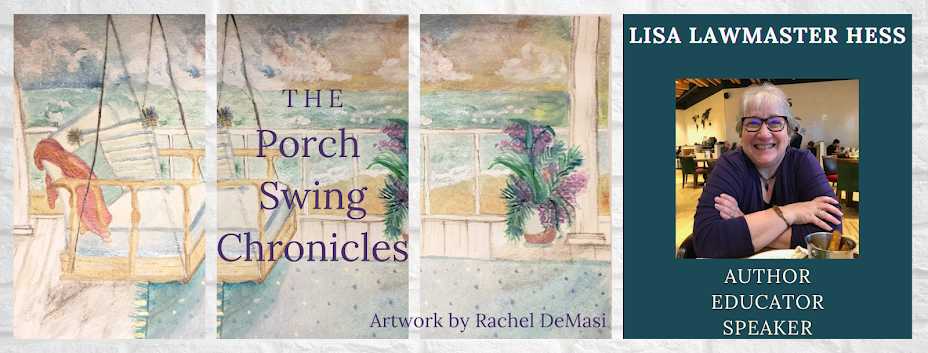I was listening to the Friday News Roundup on 1A on NPR when the subject of the Inspector General's report on the separation of immigrant children from their parents came up. When host Joshua Johnson asked his guests about the report and what, if any action they were aware of, their responses amounted to a verbal shrug.
It confirms what we kind of knew, they said. A lot of these things we pretty much assumed.
Then why are we doing this??
There are some who are trying to keep this in the forefront.
Because it's still happening. And every day, more children are irreparably harmed.
It points out that Health and Human Services needs people who are trained in how to do this.
Do WHAT? Separate children from their parents? Why would we train people to do this?
In normal political times, there would be some sort of bipartisan solution, they said.
In these times, however, it's a political football (my words, not theirs) -- a talking point. Something for politicians to hash out from the comfort of their climate-controlled offices -- if they choose to discuss it at all -- places where food and health care and basic human rights are a given and there's not a single aluminum blanket in sight.
In fairness to those on the program, they were the messengers -- journalists responding to a situation, not representatives charged with doing something about it.
Seven months prior to this report (on February 7), Dr. Julie Linton spoke to House of Representatives about the well-documented, research-based, long-term dangers inherent in family separation:
"Studies overwhelmingly demonstrate the irreparable harm caused by breaking up families. Prolonged exposure to highly stressful situations — known as toxic stress — can disrupt a child's brain architecture and affect his or her short- and long-term health. A parent or a known caregiver's role is to mitigate these dangers. When robbed of that buffer, children are susceptible to a variety of adverse health impacts including learning deficits and chronic conditions such as depression, post-traumatic stress disorder and even heart disease."The bottom line is that we are knowingly causing damage and, as the journalists on today's program asserted, none of this is a surprise. It does, of course, beg a rather obvious question: knowing what we know, why do we continuing doing what we're doing?
In my classes this week, I've been teaching my students about the ethics that researchers must follow. Like doctors, their first rule is simple, and governs all the rest: First, do no harm.
Any compassionate government should be expected to do the same.



No comments:
Post a Comment